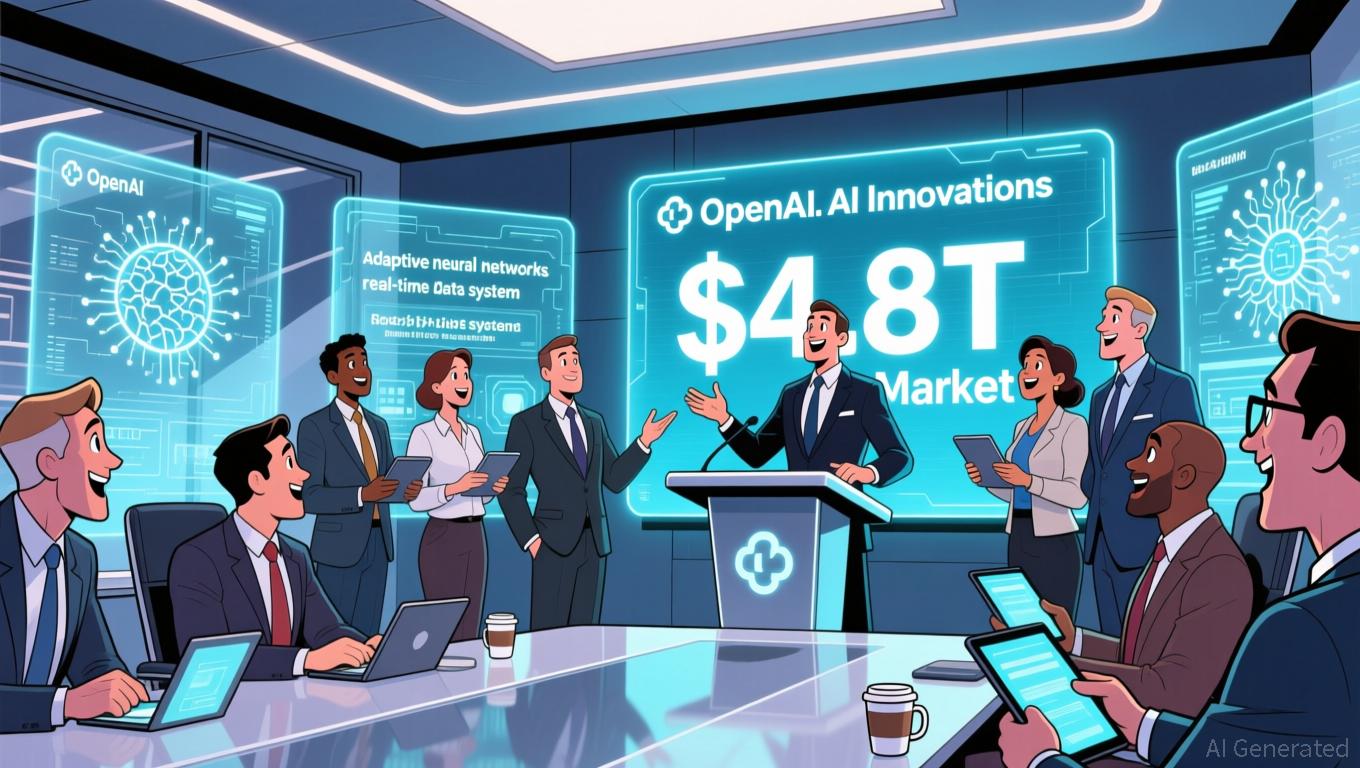Investor Excitement Rises as OpenAI's Breakthroughs in AI Aim for $4.8 Trillion Market
OpenAI’s Possible IPO Ignites Investor Excitement Amid AI Industry Surge
The artificial intelligence industry is energizing financial markets worldwide, and speculation about OpenAI’s potential IPO has intensified trading activity and investor confidence. Although OpenAI has not confirmed a specific date for going public, rumors of a 2027 listing have already led to increased indirect investments in its affiliates and a 108% theoretical price increase in speculative trades, as outlined in a

Recent product releases from OpenAI, including the Operator AI agent and the o1 model, have further fueled investor interest. Operator, now accessible to U.S. ChatGPT Pro subscribers, automates web-based tasks and is set for international expansion, while the o1 model is designed to lower software development expenses, according to the Capital.com guide. These advancements, along with a projected $11.6 billion in revenue for 2025, highlight OpenAI’s potential to shake up established tech industries. Still, there are notable risks: regulatory hurdles, such as a copyright dispute over training data, and heavy reliance on Microsoft’s Azure platform could slow momentum after the IPO.
Investor enthusiasm extends beyond major institutions. This year, 17-year-old Samik Sidhu made headlines by using profits from his e-commerce businesses to invest in AI-related stocks, earning $72,700 in less than twelve months. Sidhu’s investments included Nvidia and C3.ai, which he credited for benefiting from the AI surge. “I caught the AI wave at the perfect time,” he remarked, noting that AI tools improved his e-commerce performance, as detailed in a
The Stargate Project—a $500 billion AI infrastructure collaboration involving OpenAI, Microsoft, and major tech firms like NVIDIA—has further raised expectations. However, experts warn that excessive dependence on a few key partners could make OpenAI vulnerable to market swings. For example, IBM’s slower adoption of AI, shown by limited growth in government contracts, illustrates the difficulties of expanding AI in specialized markets, according to a
Despite these concerns, the appeal of the AI industry remains strong. OpenAI’s partnerships, especially its integration with Microsoft’s Azure, position it well to meet enterprise needs. At the same time, speculative trading through contracts for difference (CFDs) enables investors to wager on OpenAI’s future stock value without owning shares directly, the Capital.com guide explains.
As the possibility of an IPO draws nearer, investors are watching OpenAI’s legal and regulatory situation closely. The ongoing lawsuit with Elon Musk, who claims the company is prioritizing profits over safety, could affect its image. On the other hand, efforts to lead in AI governance may strengthen its standing as a responsible innovator, according to the Capital.com guide.
For now, investors are encouraged to monitor indirect opportunities through Microsoft, Nvidia, and other AI collaborators. When OpenAI eventually goes public, it could transform the technology sector—but until then, the Capital.com guide advises that patience and prudence are essential for investors.